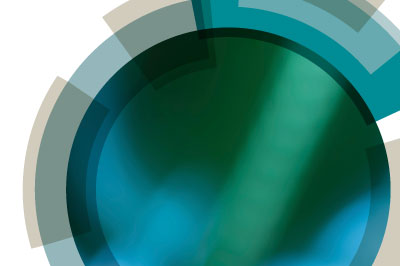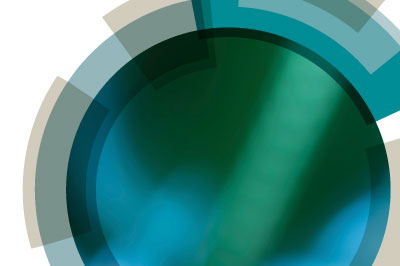We are proud to announce the RSC Nanoscale Journals Symposium at ChinaNANO 2019, with talks from distinguished board members of Nanoscale Horizons, Nanoscale, and Nanoscale Advances to showcase exceptionally high quality and exciting work across a broad scope of nanoscience and nanotechnology. In addition, the winner of the 2018 Nanoscale Horizons Outstanding Paper award will deliver a talk at this symposium.
RSC Nanoscale Journals Symposium
17 - 18 August 2019, Beijing, China
We are proud to announce the RSC Nanoscale Journals Symposium at ChinaNANO 2019, with talks from distinguished board members of Nanoscale Horizons, Nanoscale, and Nanoscale Advances to showcase exceptionally high quality and exciting work across a broad scope of nanoscience and nanotechnology. In addition, the winner of the 2018 Nanoscale Horizons Outstanding Paper award will deliver a talk at this symposium.
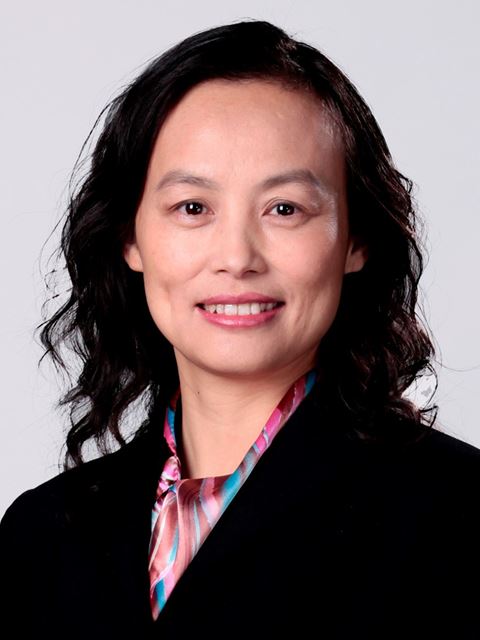 Chunying Chen, National Center for Nanoscience and Technology, China
Chunying Chen, National Center for Nanoscience and Technology, China
Prof. Chen received her Bachelor's degree in Chemistry (1991) and obtained her PhD degree in Biomedical Engineering from Huazhong University of Science and Technology of China in 1996. She joined the CAS Key Laboratory for Biomedical Effects of Nanomaterials & Nanosafety. She has been awarded the Second Prize of the National Natural Science Award in 2018, Outstanding Female Awards of the Chinese Academy of Sciences in 2017, Chinese Young Female Scientists Award in 2014 and supported by the National Science Foundation for Distinguished Young Scholars of China. Her research focuses on the potential toxicity of nanoparticles, transformation and fate of nanomaterials in biological systems, therapies for malignant tumors using theranostic nanomedicine systems, with an emphasis on understanding the underlying mechanism of bio-nano interactions.
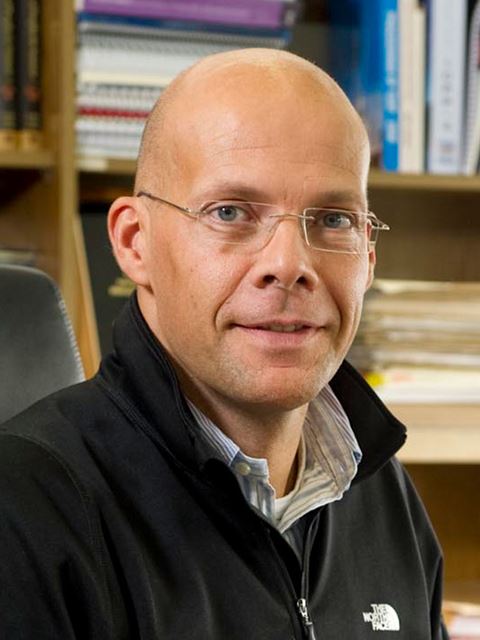 Dirk Guldi, Friedrich-Alexander University Erlangen-Nürnberg, Germany
Dirk Guldi, Friedrich-Alexander University Erlangen-Nürnberg, Germany
Dirk M. Guldi completed both his undergraduate studies (1988) and Ph.D (1990) at the University of Cologne (Germany). Following postdoctoral appointments at the National Institute of Standards and Technology (USA), the Hahn-Meitner Institute Berlin (1992), and Syracuse University, he joined the faculty of the Notre Dame Radiation Laboratory in 1995. He was promoted a year later from assistant to associate professional specialist, and remained affiliated to Notre Dame until 2004. Since 2004, he has been a Full Professor in the Department of Chemistry and Pharmacy at the Friedrich-Alexander University in Erlangen. In his current position, Dirk is one of the world’s leading scientists in the field of charge transfer and nanocarbons. In particular, he is well-known for his outstanding contributions to the areas of charge-separation in donor-acceptor materials and the construction of nanostructured thin films for solar energy conversion. His group is involved in the designing, devising, synthesizing, and testing of novel nanometer scale structures as integrative components for photoelectrochemical devices. The charge transfer behavior of nanocarbon materials is also studied, in solution, as transparent films or at electrode surfaces.
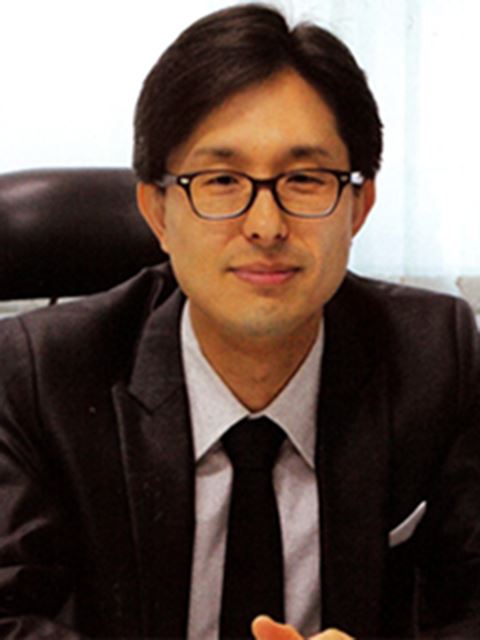 Dong Ha Kim, Ewha Womans University, South Korea
Dong Ha Kim, Ewha Womans University, South Korea
Prof. Dong Ha Kim received Ph.D. degree in the Department of Fiber and Polymer Science at Seoul National University in 2000. He carried out postdoctoral research activities in the Polymer Science and Engineering Department at the University of Massachusetts at Amherst (from 2000 to 2003) with Prof. Thomas P. Russell and in the Materials Science Department at the Max Planck Institute for Polymer Research (from 2003 to 2005) with Prof. Wolfgang Knoll. Then, he joined the Samsung Electronics Co. in the Memory Division of Semiconductor R & D Center as a senior scientist. He assumed a faculty position in the Department of Chemistry and Nano Science at Ewha Womans University in 2006, and currently is a Full Professor and Ewha Fellow. His research interests include development of hybrid nanostructures for energy storage and conversion, environmental remediation, non-volatile memory devices, display devices, and biomedical diagnosis/therapy. He has authored 165 SCI publications and holds 32 Korean and 2 US patents. Currently, he is Fellow of Royal Society of Chemistry, Associate Editor of Nanoscale/Nanoscale Advances, Editorial Board Member of Scientific Reports and Advisory Board Member of Nanoscale Horizons and Journal of Materials Chemistry A.
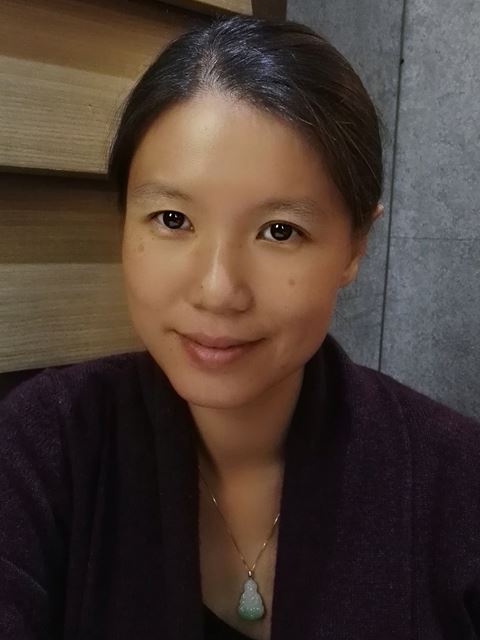 Quan Li, The Chinese University of Hong Kong, Hong Kong
Quan Li, The Chinese University of Hong Kong, Hong Kong
Quan Li is Professor at The Chinese University of Hong Kong, Shatin, Hong Kong. She obtained her B.S. in Chemistry from Beijing University, China in 1997 and then her PhD in Materials Science and Engineering from Northwestern University, USA, in 2001. Her research interests focus on functional materials and structures for energy and biomedical applications, as well as quantum sensing. In particular, developing energy storage materials such as electrode materials/architectures for Li- and Na- ion batteries. In investigating nano-bio interfaces, her group works on manipulating the interplay of nanoparticles of biological systems, and nanoparticles for vaccination applications. Her work of quantum sensing focus on sensor development and application in condense matter physics and biomedicine.
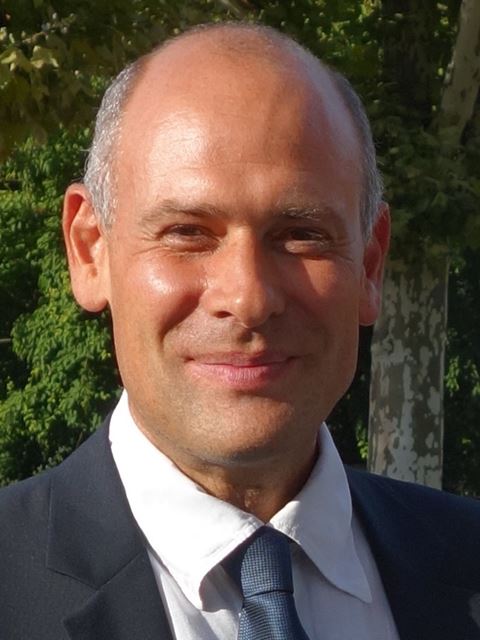 Paolo Samori, University of Strasbourg, France
Paolo Samori, University of Strasbourg, France
Prof. Paolo Samorì (Imola, Italy, 1971) is Distinguished Professor at the Université de Strasbourg (UNISTRA), Director of the Institut de Science et d'Ingénierie Supramoléculaires (ISIS) and Director of the Nanochemistry Laboratory. He is also Fellow of the Royal Society of Chemistry (FRSC), Fellow of the European Academy of Sciences (EURASC), Member of the Academia Europaea and Junior Member of the Institut Universitaire de France (IUF). He obtained a Laurea in Industrial Chemistry at University of Bologna in 1995. In 2000 he received his PhD in Chemistry from the Humboldt University of Berlin. He was permanent research scientist at Istituto per la Sintesi Organica e la Fotoreattività of the Consiglio Nazionale delle Ricerche of Bologna from 2001 to 2008.
He has published over 270 papers in the areas of nanoscience/nanotechnology and materials sciences with a specific focus on graphene and other 2D materials and self-assembled nanostructures, and more generally on (multi)functional nanomaterials for applications in opto-electronics, energy and sensing. He is also expert on hierarchical self-assembly of hybrid systems and on the use of scanning probe microscopies to unravel structures and dynamics of molecules at surfaces and interfaces.
He has been awarded various prizes, including the E-MRS Young Scientist Award (1998), the MRS Young Scientist Award (2000), the IUPAC Prize for Young Chemists (2001), the “Vincenzo Caglioti” Award (2006), the “Nicolò Copernico” Award (2009), the “Guy Ourisson” Prize (2010), the ERC Starting Grant (2010), the CNRS Silver Medal (2012), the Spanish-French “Catalán-Sabatier” Prize (2017) and the German-French “Georg Wittig - Victor Grignard” Prize (2017).
 Ling-Dong Sun, Peking University, China
Ling-Dong Sun, Peking University, China
Ling-Dong Sun, Professor of Chemsitry, obtained her PhD from Changchun Institute of Physics, Chinese Academy of Sciences, in 1996. Following a postdoctoral fellowship at Peking University, she joined the faculty at the College of Molecular Science and Engineering, Peking University, in 1998. She worked as a visiting professor at Keio University (2001) and Kyoto University (2007). Her current research focuses on the the materials chemistry and light-matter interaction studies of rare earth nanomaterials, plasmonic nanostructures, and the applications in bio-detection and imaging.
Ling-Dong Sun was awared a Research Prize for Youth Scientists, and the 10th National Award for Youth in Science and Technology, and the 2nd Grade National Award of Natural Science. And she was supported by the Distinguished Youth Funds to carry out research on lanthanide luminescent nanoamterials.
 2018 Nanoscale Horizons Outstanding Paper awardee: Wojciech Chrzanowski, The University of Sydney School of Pharmacy, Australia
2018 Nanoscale Horizons Outstanding Paper awardee: Wojciech Chrzanowski, The University of Sydney School of Pharmacy, Australia
Associate Professor Wojciech Chrzanowski is a Deputy Director at Sydney Nano Institute and Head of the Nanomedicine and Nano-Bio-Characterisation laboratory in the Sydney School of Pharmacy. He is a biomedical engineer who translates the science of extracellular vesicles and bio-characterisation at nanoscale to human applications. His work addresses a desperate need for effective technologies that regulate stem cells to promote desired tissue repair. Wojciech's laboratory pioneers the use of nanoscale characterisation techniques to understand cellular communication and functionality of tissues. Wojciech's contribution to the field is exemplified by over 140 peer-reviewed publications, four patents and over 50 invited talks and seminars. The translation potential of his work is demonstrated by several grant funding opportunities he received to move his research discoveries into the realms of mainstream medicine.
Beijing International Convention Center (BICC), 8 Beichen E Rd, Ya Yun Cun, Chaoyang Qu, Beijing, 100101, China





